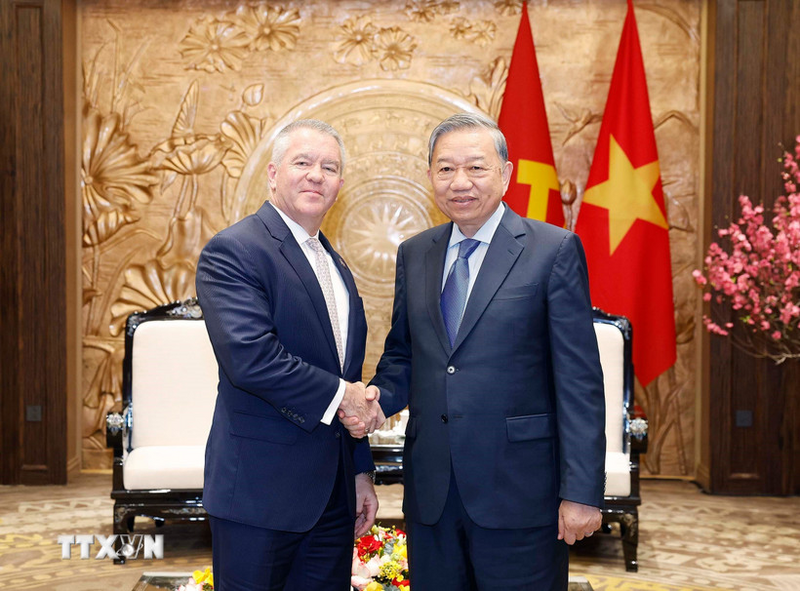
Vietnam ready to deepen comprehensive cooperation with the US
19:05 | 23/03/2025 08:30 | 15/02/2026News and Events
Vietnam posts 15.6% rise in FDI
According to data from the Ministry of Finance’s Foreign Investment Agency, Vietnam attracted USD 31.52 billion in total foreign direct investment (FDI) in the first 10 months of 2025. This figure comprising newly registered capital, adjusted capital, and capital contributions and share purchases represents a 15.6% increase year-on-year.

The processing and manufacturing sector remains a top draw for foreign investors.
During the same period, realized FDI was estimated at USD 21.3 billion, an 8.8% rise compared to the previous year. Director General of the General Statistics Office, Ministry of Finance, Nguyen Thi Huong, noted that this marks the highest level of disbursed foreign investment for a 10-month period in the past five years.
Deputy Secretary General and Head of the Legal Department at the Vietnam Chamber of Commerce and Industry (VCCI) Dau Anh Tuan, remarked that Vietnam is emerging as a “bright spot” in Asia for FDI attraction. “This appeal stems not only from stable growth foundations and high economic openness but also from robust efforts in institutional reform, digital transformation, and green development commitments,” he explained.
He added that Vietnam is increasingly viewed as a potential hub in the new global value chain, where international businesses seek not only to manufacture but also to expand markets, connect supply chains, and pursue sustainable development values.
Mark Gillin, Chairman of the American Chamber of Commerce in Vietnam (AmCham), stated that Vietnam’s restructuring of its administrative apparatus and the adoption of a two-tier local government model mark a “historic step” toward building a more efficient, transparent, and sustainable governance system.
For US enterprises, these reforms address one of the most significant challenges: the complexity of administrative procedures. Furthermore, digital transformation is not only reshaping business operations but also revolutionizing the entire regulatory environment, reducing time and compliance costs for both businesses and state agencies, while cutting down on paperwork and logistical expenses.
“The business community enthusiastically welcomes these changes, viewing them as a clear signal of Vietnam’s development vision and its commitment to facilitating investment,” the AmCham Chairman affirmed.
Adapting to capture shifting foreign capital flows
While acknowledging Vietnam’s positive investment climate, Chairman of the Japanese Chamber of Commerce and Industry in Vietnam (JCCI) Wakabayashi Koichi, noted that Japanese enterprises are currently grappling with hurdles related to investment licensing procedures.
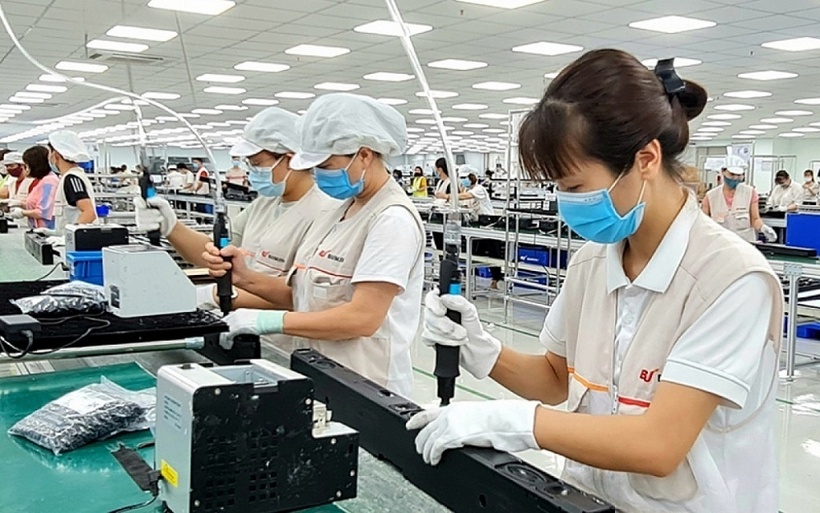
Vietnam stands out as a global investment magnet.
Meanwhile, representatives from the British Chamber of Commerce (BritCham) highlighted challenges regarding customs procedures, citing them as a hindrance to business operations in the country.
According to Deputy Secretary General Dau Anh Tuan, next-generation FDI is moving beyond the search for low costs, prioritizing nations with transparent environments, strong domestic supply chain connectivity, and commitments to sustainable development.
“Notably, the pivot from export-focus to domestic market service, and from mass production to high-value creation, necessitates that Vietnam upgrade its institutional infrastructure, human resources, and support policies to help local firms integrate deeper into the global value chain,” he analyzed.
In light of these realities, the business community argues that to enhance its appeal to foreign capital, Vietnam must continue improving its business environment through administrative reforms in critical sectors such as investment, land, environment, and construction.
Experts emphasize that the comprehensive digitalization of processes, publicizing processing statuses, and establishing an interconnected single-window mechanism will help minimize compliance costs while boosting transparency and efficiency.
Concurrently, inspection and audit activities need improvement through the application of risk management principles to avoid overlapping jurisdictions and minimize unnecessary interference. Making processes, criteria, and outcomes public, alongside implementing an independent post-inspection evaluation system, would reinforce trust and ensure fairness in law enforcement.
Specifically, the Deputy Secretary General emphasized the need to build a unified national data platform on enterprises and compliance history. This would serve management purposes, facilitate inter-agency and local connectivity, and grant businesses more favorable access to policies.
Hailed as a stable regional hub, Vietnam is solidifying its appeal through regulatory reforms and infrastructure enhancement. Foreign capital continues to flow strongly into key sectors such as manufacturing, high-tech, and services.

19:05 | 23/03/2025 08:30 | 15/02/2026News and Events
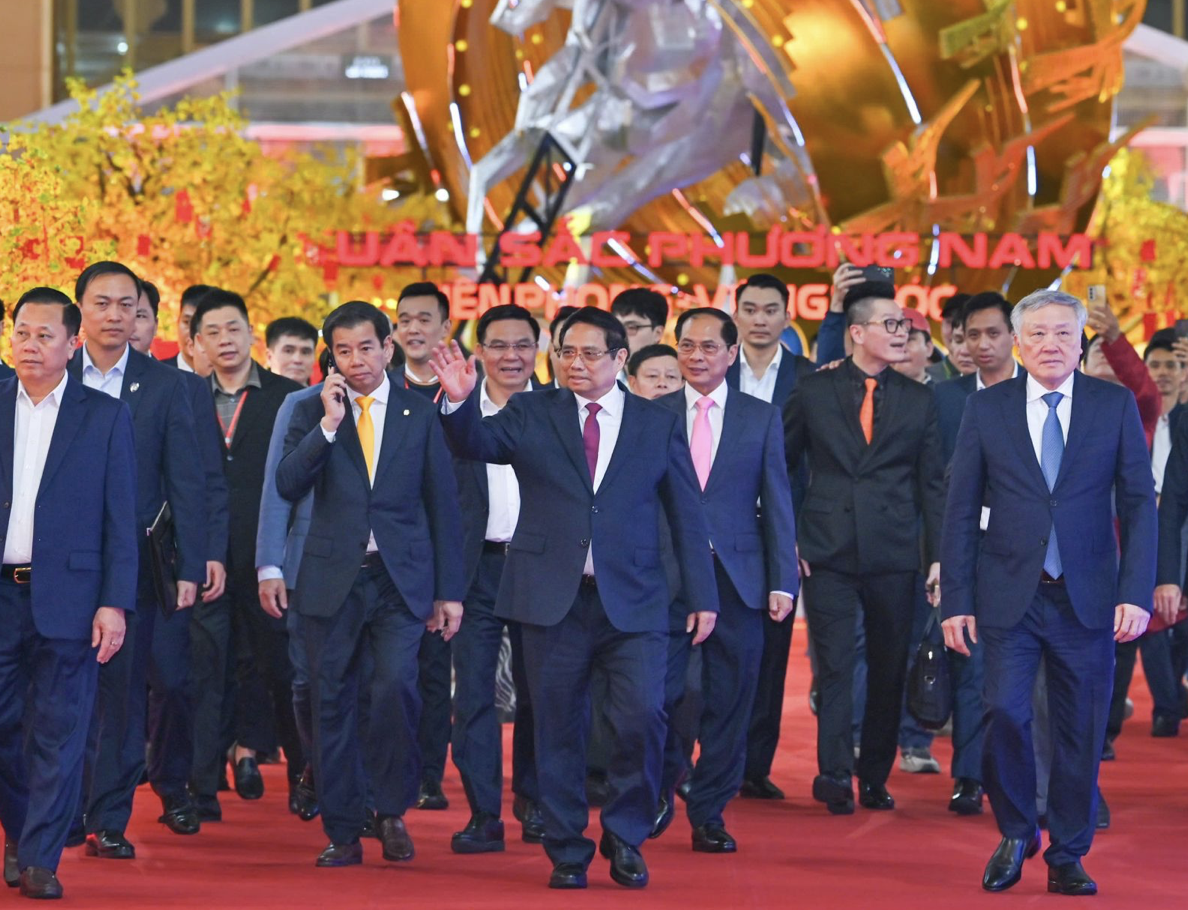
19:05 | 23/03/2025 08:25 | 15/02/2026News and Events

19:05 | 23/03/2025 16:44 | 14/02/2026Tourism
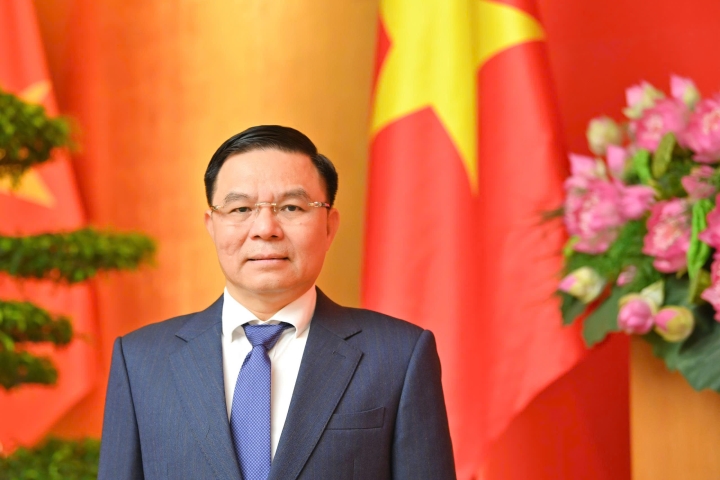
19:05 | 23/03/2025 16:33 | 14/02/2026Home Page
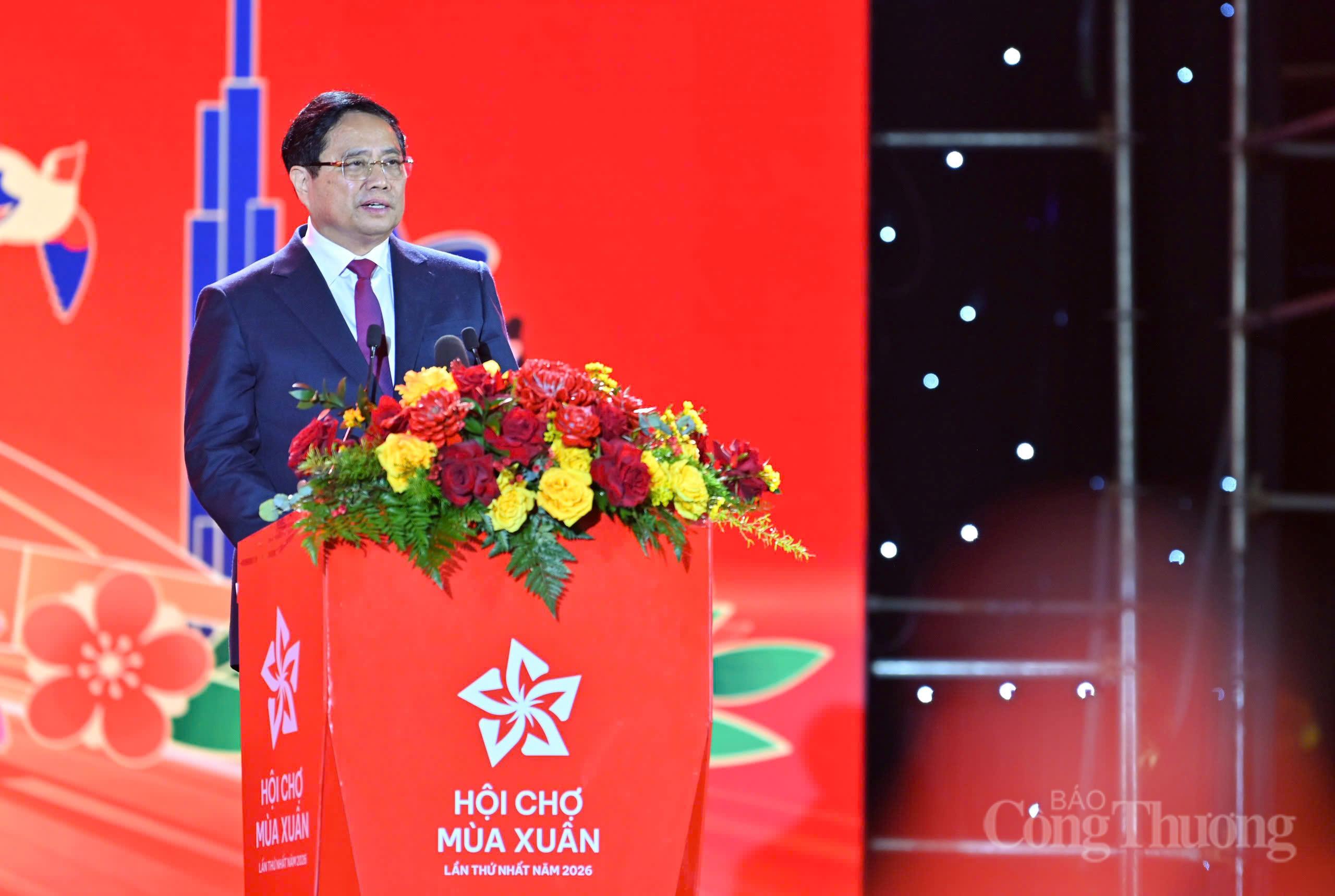
19:05 | 23/03/2025 16:32 | 14/02/2026Trade